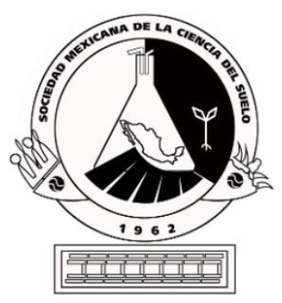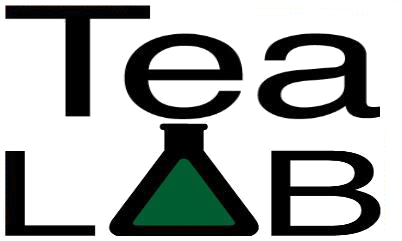 Application of compost tea, co-inoculation and inorganic fertilization on Swiss chard plants Terra LatinoAmeriana June 2023 Link Here Here at TeaLAB we like the idea of using organic fertilizers, ideally locally sourced from your backyard compost pile, worm bin, and other creatively managed waste streams. We like using waste from the fishing and forestry industries, or safe animal products like sustainably harvested guano. We like alfalfa meal, mineral dusts, and ashes. We generally steer clear of inorganic, salt based fertilizers. Inorganic fertilizers are typically made with resource intensive practices. Nitrogen production requires a lot of electricity. Phosphate requires an extraction process that produces a significant amount of industrial waste. Potassium, well actually potassium is somewhat sustainable. Micro-nutrients are extracted from a number of sources, but require chemicals like EDTA to keep them plant available. Beyond their resource intensive aspect, inorganic fertilizers can also create imbalances through soil acidification and/or salinity buildup. But, maybe there are times and places that they are efficiently used. Maybe some regions do not have enough natural resources and waste streams to tap into (though chances are it's more a lack of creativity instead of a lack of resources). So here's a study that shows that compost tea in addition to inorganic fertilizers is actually a pretty good combo. Swiss Chard is probably not something you would expect a research team from Mexico to be looking into, but hey this is the 21st century and crops don't see borders. The scientists grew the nutritious leafy green in several conditions: 1. Compost tea only 2. Compost Tea and Inorganic Fertilizers 3. Compost Tea with added nitrogen fixing bacteria and endomycorhizal spores (beneficial microbes) and, 4. Inorganic Ferts with added microbes . They were all compared to a control group that did not get any fertilizer. The plants were grown in greenhouses and then harvested, weighed, and their nutrient content analyzed. The results showed that the dry weight, leaf area, calcium, iron, magnesium, copper, zinc, manganese, and boron were increased with the combination of compost tea and inorganic fertilization was applied. This is not surprising, considering that compost tea alone has low levels of these essential nutrients, and follows the conventional wisdom that using tea helps with nutrient uptake (no matter the source). Interestingly, the plants that had the combination of inorganic ferts and beneficial microbes had lower nutrient values. The chard savy scientists conclude that "a combination of biofertilizer and inorganic fertilization should be used". We caution however, that this statement is only in regards to what was looked at in this study. Here at TeaLAB we would like to see what the results would be of a well amended soil watered with compost tea, compared to the salty fertilizer plus tea. We hypothesize that the production yields would be similar if not greater, and that the nutrient content would be much greater. Then we would like to see the carbon footprints and ecological ramifications of the inorganic vs. organic materials compared. All in all, we'd just really like to see more people gardening and farming using truly sustainable methods, producing nutritious and delicious foods that support a healthy humankind.
0 Comments
Your comment will be posted after it is approved.
Leave a Reply. |
Archives
June 2024
Categories
All
|
Contact Us
Why TeaLAB?TeaLAB is committed to helping people and their gardens to become more self- sufficient, healthier, and productive. Grow your sweetest corn, your biggest watermelon, your tallest quinoa, your tastiest tomato, and your happiest you.
TeaLAB was founded to teach people how to garden organically, so that we can become more closely connected with the land. Our goal has been to simplify growing methods so that gardeners have a positive experience in the garden. TeaLAB is where the garden meets the laboratory. From around the world and into your backyard, our products contain ingredients that are sourced both locally and globally. Using methods both ancient and cutting edge, TeaLAB promotes maximum biology. Grow with TeaLAB. |

 RSS Feed
RSS Feed
